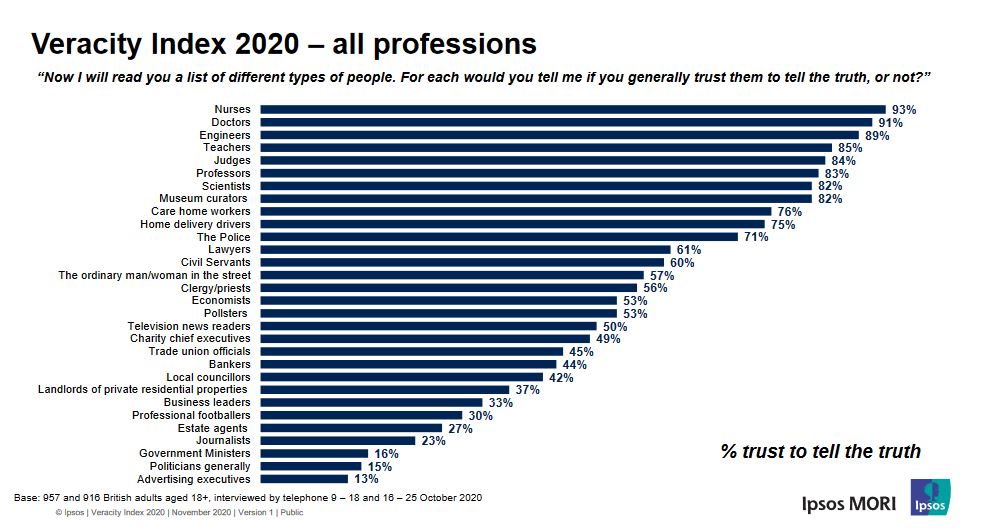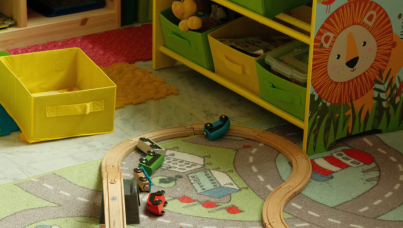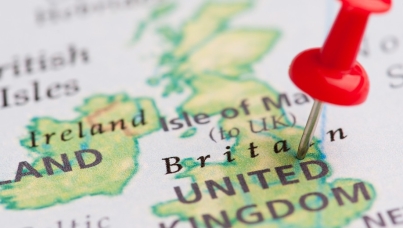Ipsos Veracity Index 2020
The Ipsos Veracity Index is the longest-running poll on trust in professions in Britain, having been asked consistently since 1983. The 2020 edition – the 23rd wave of the survey series – was carried out by telephone to record the latest movements in public trust in key professions tracked since the eighties and nineties. It also reveals the extent to which the public trust professions which have been brought to the fore by the pandemic such as care home workers and home delivery drivers.
Key headlines include:
- Nurses and doctors remain the most trusted professions in Britain. Ninety-three per cent of the public say they trust nurses to tell the truth, close to their 2019 score of 95 per cent. Doctors also remain highly trusted, with 91 percent of the public trusting them. As well as NHS staff, engineers, teachers, judges, professors, museum curators and scientists all receive high trust scores.
- Care home workers are highly trusted by the public. Three quarters say they trust them to tell the truth (76%), higher than professions including the police and priests – but well below the level of trust accorded nurses.
- Trust in home delivery drivers is similarly high, with 75% saying they would trust them to tell the truth
- Meanwhile, advertising executives, politicians generally and government ministers continue to receive the lowest scores. Just 13% trust ad execs, 15% politicians generally, and 16% government ministers.
- Other professions trusted by more than half of the public include museum curators, the police, lawyers, civil servants, the ordinary man/woman on the street and clergy/priests.
- Professions with negative net trust ratings include bankers, local councillors, business leaders, professional footballers, estate agents and journalists.

The overall pattern of trust in professions remains very similar to previous years. There are few large changes compared with previous waves (especially bearing in mind the change in interviewing mode below). There are some signs that distrust has fallen slightly for charity chief executives, lawyers, footballers and economists, while on the other hand trust has fallen for TV newsreaders, the clergy, and ordinary man/woman in the street, although it remains to be seen whether these are just temporary changes.
This year’s poll was carried out by telephone rather than face-to-face due to pandemic restrictions, which means that mode effects should be taken into account when comparing with previous waves of the survey, especially when changes are near the margin of error.
As in previous years education proves to be one of the strongest indicators of an increased likelihood of trusting certain professions – for instance, those with degree level qualifications are more likely to say they trust economists to tell the truth by a 30 percentage point margin (67% versus 37% among those with no formal qualifications) and there are similar-sized gaps for scientists (90% versus 67%) judges (92% versus 71%) and museum curators (90% versus 70%).
Age is another important factor. The biggest difference between 18-34 year olds and those aged 65 and over is on civil servants, where there is a 30ppt gap on trust (73% and 43% respectively). This younger group are also more likely to trust landlords and trade union officials, among others. By contrast the over 65s are more likely to say they trust TV news readers, the clergy and the police, with scores of 56%, 60% and 76% respectively. Among the 18-34s these figures are 39%, 51% and 65%.
Mike Clemence, researcher at Ipsos, said:
The latest wave of Ipsos’s Veracity Index reveals that the trust the public place in professions has not been shifted notably by the coronavirus pandemic.
Nurses and doctors, who were the most trusted professions anyway, remain at the top of the public’s list. At the other end of the scale, politicians and advertising execs continue at the bottom, as they have done in most years they have featured in the Index.
We have recorded high levels of trust in some new professions that have been brought to public attention by the pandemic. Three quarters of the British public say they would trust a care home worker to tell the truth and a very similar proportion say the same about home delivery drivers.
Technical note:
- Ipsos interviewed a representative quota sample of 957 and 916 British adults aged 18+. Interviews were conducted by telephone in two waves between 9th – 18th and 16th – 25th October 2020. Typically, the Index uses face-to-face fieldwork, but pandemic restrictions mean this is not currently an option for public opinion polling. Mode effects should be kept in mind when comparing the results with previous years’ data, especially when differences are close to the margin of error. Data is weighted to match the profile of the population.



